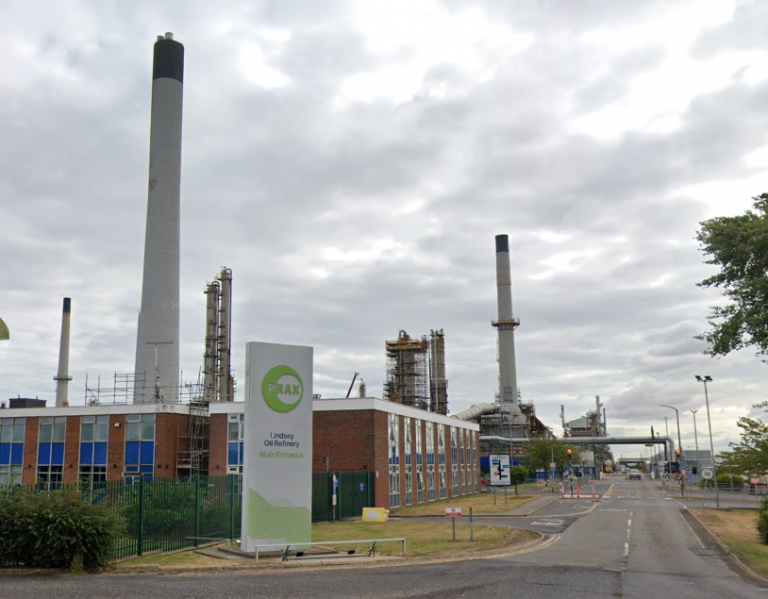The liquidation of the Prax Lindsey Oil Refinery has sparked urgent calls for government intervention, as the site plays a pivotal role in the UK’s energy infrastructure. Located on the South Humber Bank, the refinery processes 10% of the nation’s fuel from crude oil and is one of only five major refineries in the UK. The closure, effective from 30 June 2025, threatens thousands of jobs across the region, with significant implications for the broader energy supply chain.
Industry experts warn that the loss of this refinery could disrupt fuel production and create a ripple effect across various sectors, including logistics, contractors, and energy-intensive industries in the area. The site’s closure has prompted concerns about the long-term stability of the UK’s energy resilience and its industrial competitiveness.
North Lincolnshire Council has outlined specific actions it wants from the UK Government. These include immediate financial assistance for affected businesses in the supply chain, a government-backed plan for site remediation and redevelopment, and increased investment in low-carbon fuel production and industry diversification. The council has also called for strategic collaboration to secure the refinery’s future and to protect apprenticeships and pension schemes tied to the site.











